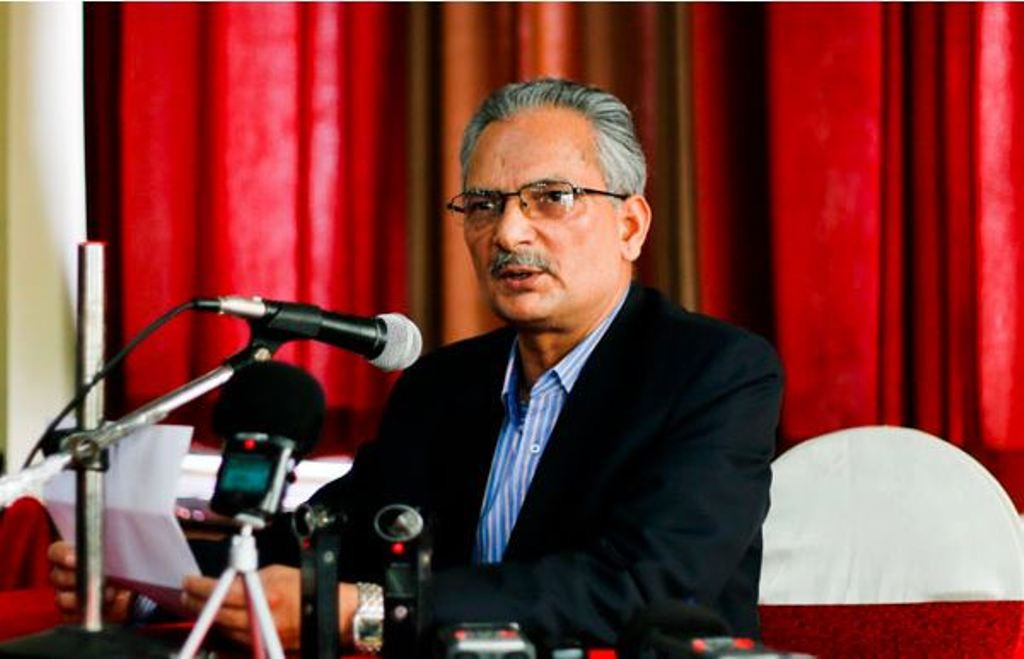

KATHMANDU: Former Prime Minister and Nepal Samajwadi Party (Naya Shakti) leader Baburam Bhattarai has called for Nepal to move toward a directly-elected presidential system, urging reforms to correct flaws in the current electoral process.
Addressing Gen Z representatives at a press conference on Thursday, he emphasized that negotiations with the government should ensure written reforms are implemented before the next election.
“This is the government you formed. There must be written agreements with this government to ensure that some reforms are carried out before the election,” he said, adding, “First, there has to be a commission to take action against corrupt individuals.” While an investigation commission has been formed to look into recent events, Bhattarai noted it is only a partial measure.
He also highlighted that corrupt leaders hold billions in hidden or misappropriated wealth.
“Some of it was destroyed recently, but much more is still hidden. With that power, they return to win elections. That is why political stability cannot be achieved under this system. Corruption cannot be eradicated without a thorough investigation of all their assets. A strong ombudsman commission must be formed to scrutinize this wealth,” he added.
Despite resigning as chairman of Naya Shakti on Wednesday, Bhattarai clarified that he has not distanced himself from the alternative political campaign.
“I have not separated myself from any movement. I was part of the campaign for a new alternative force yesterday, I am still here today, and I will remain tomorrow as well. Since our younger generation has now stepped forward, I resigned from the leadership post purely to encourage them. I have not left the campaign at all—there should be no confusion about this,” he said.
Bhattarai stressed that the sacrifices and achievements of the Gen Z movement must be safeguarded, describing the uprisings of September 8–9 as a new chapter in Nepal’s democratization process that began in 1950.
He also cautioned that old corrupt leaders, who had remained hidden during the uprisings, are attempting to re-emerge, and emphasized the importance of protecting the Constitution, reviving democratic processes, and bringing the country back on track through elections.